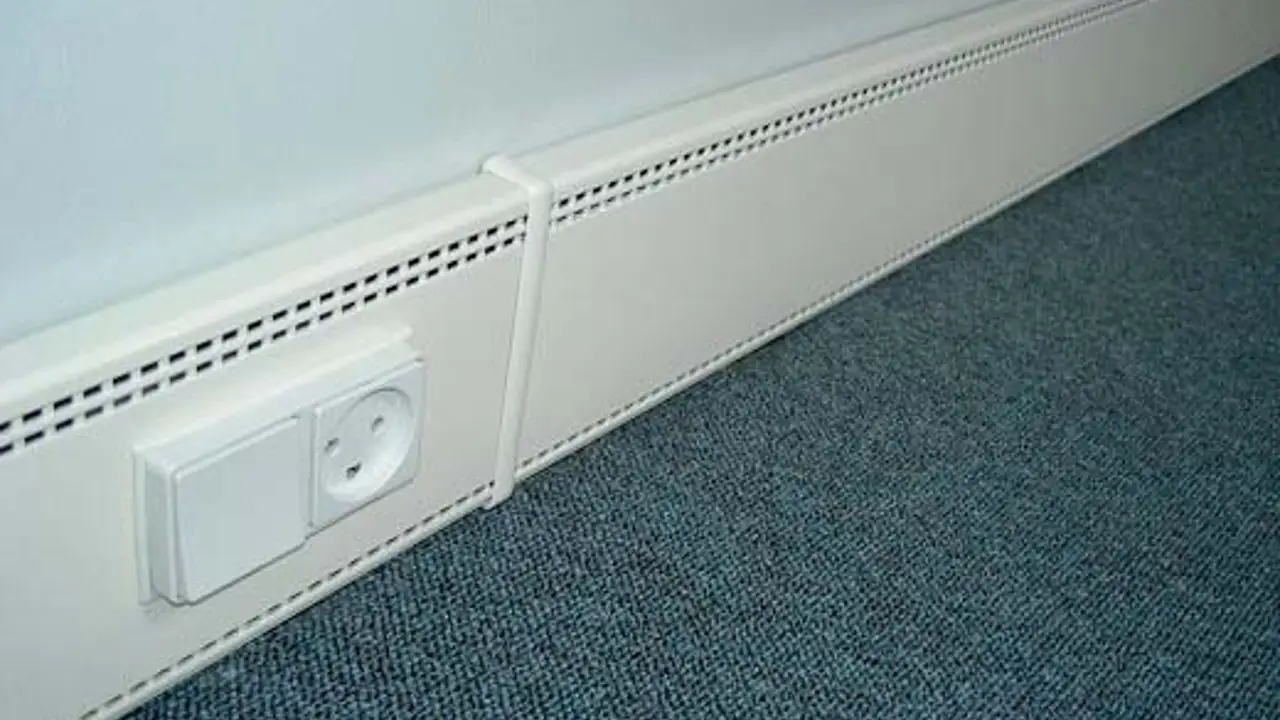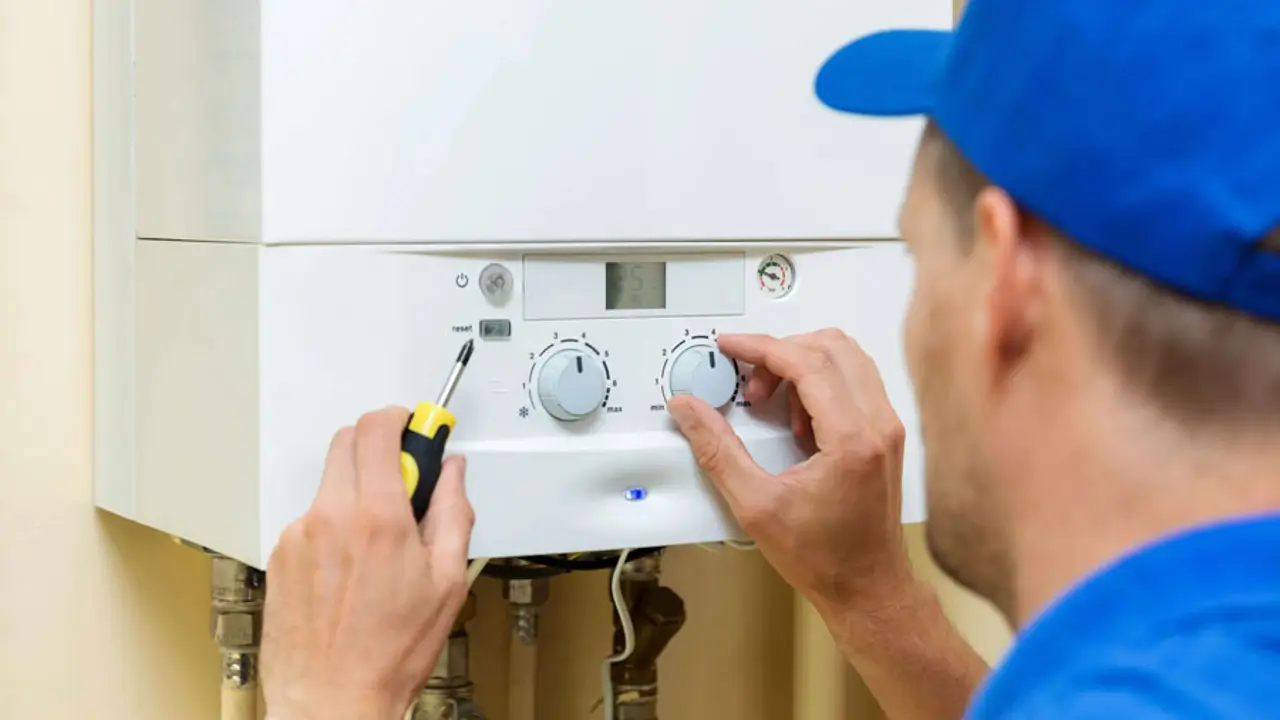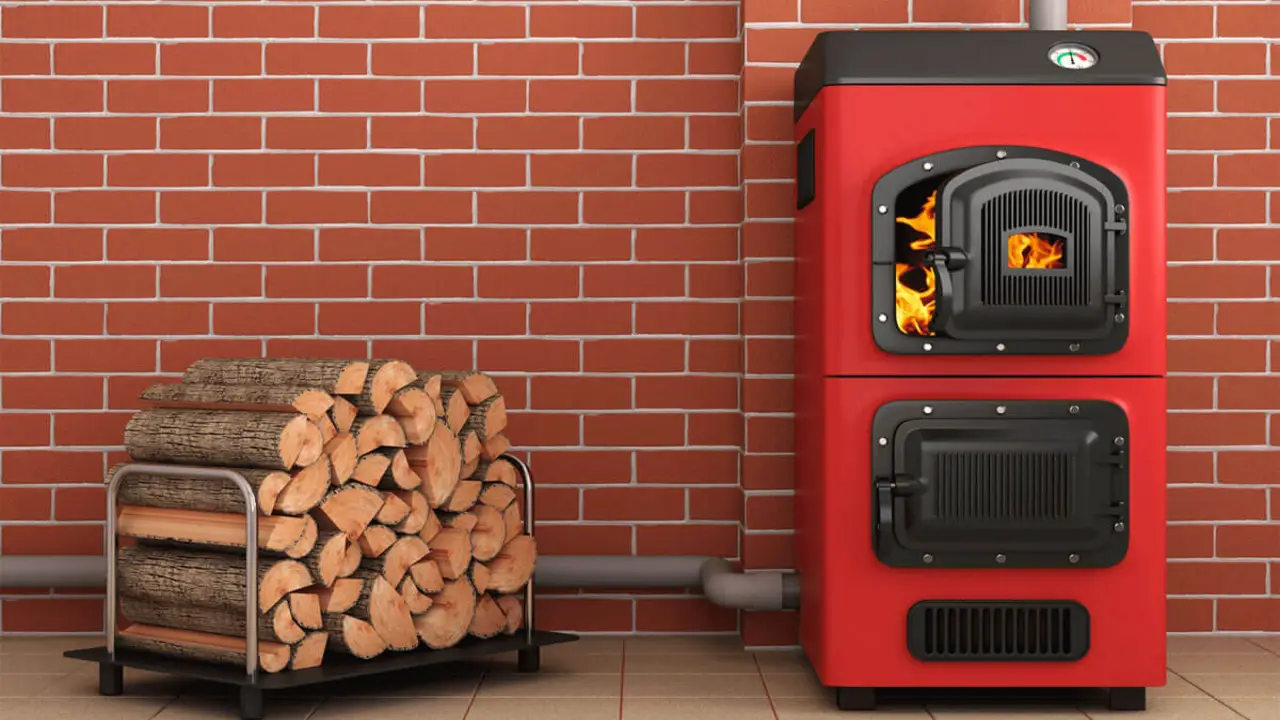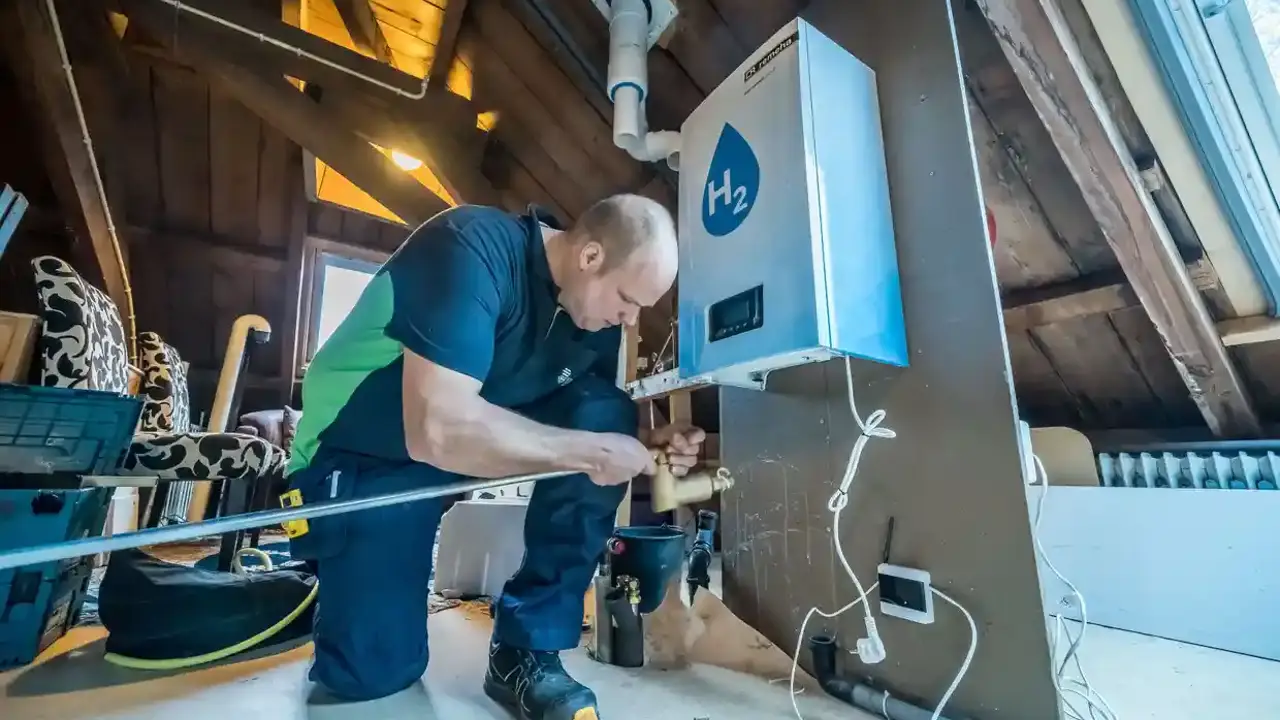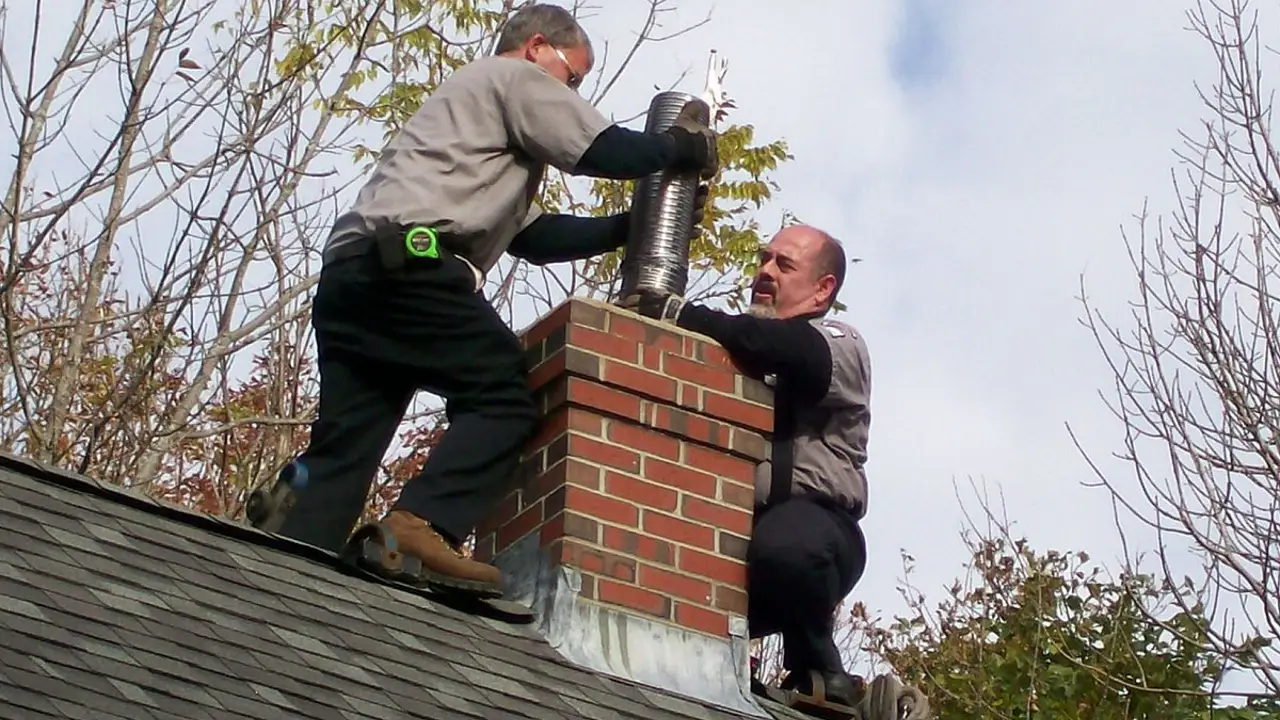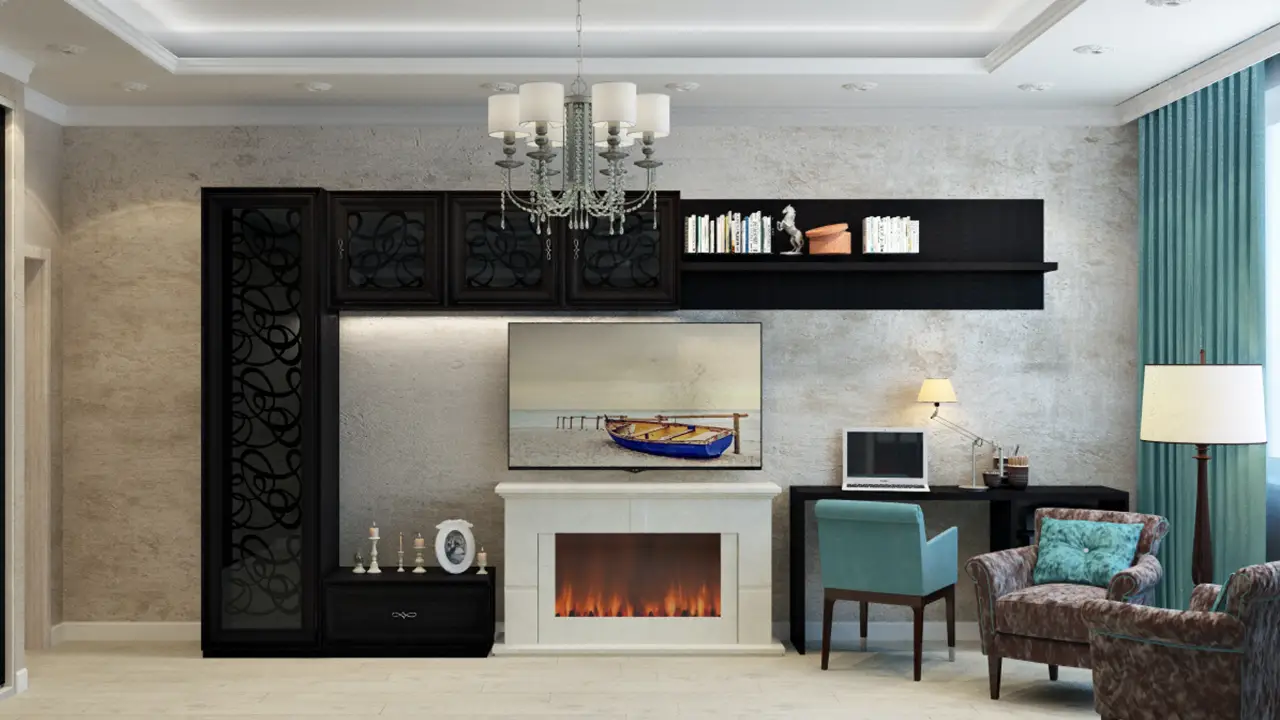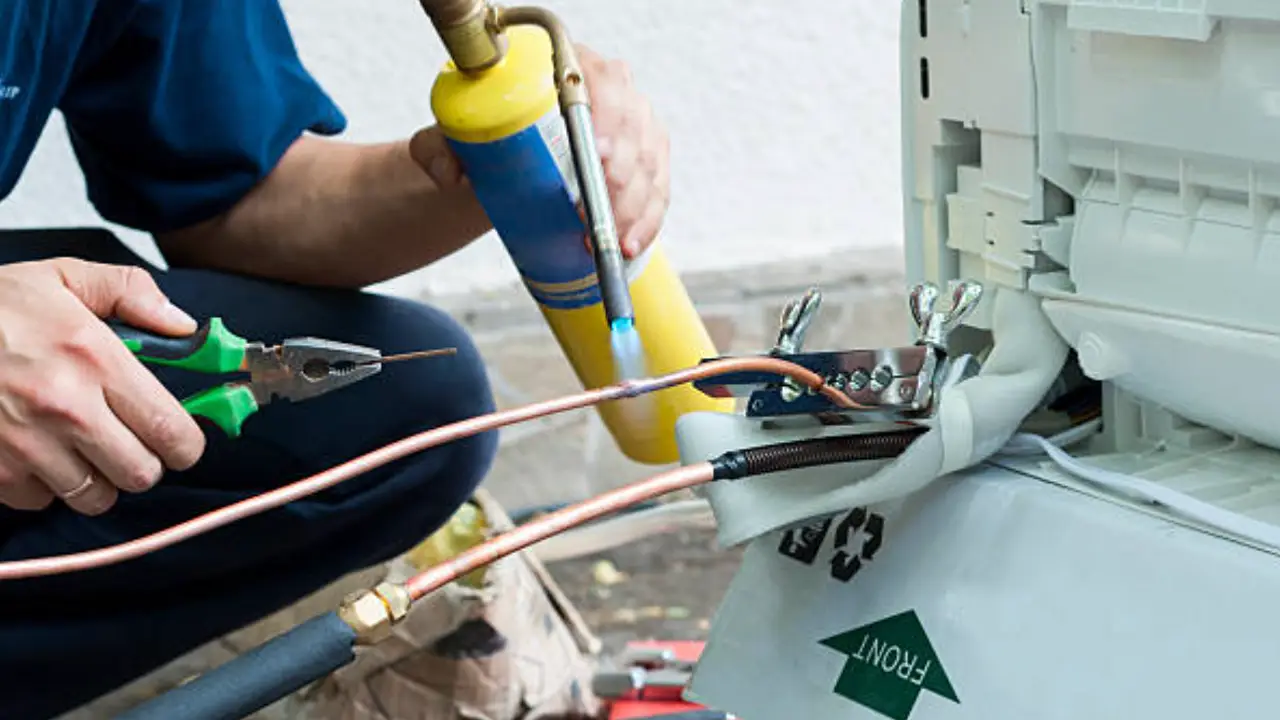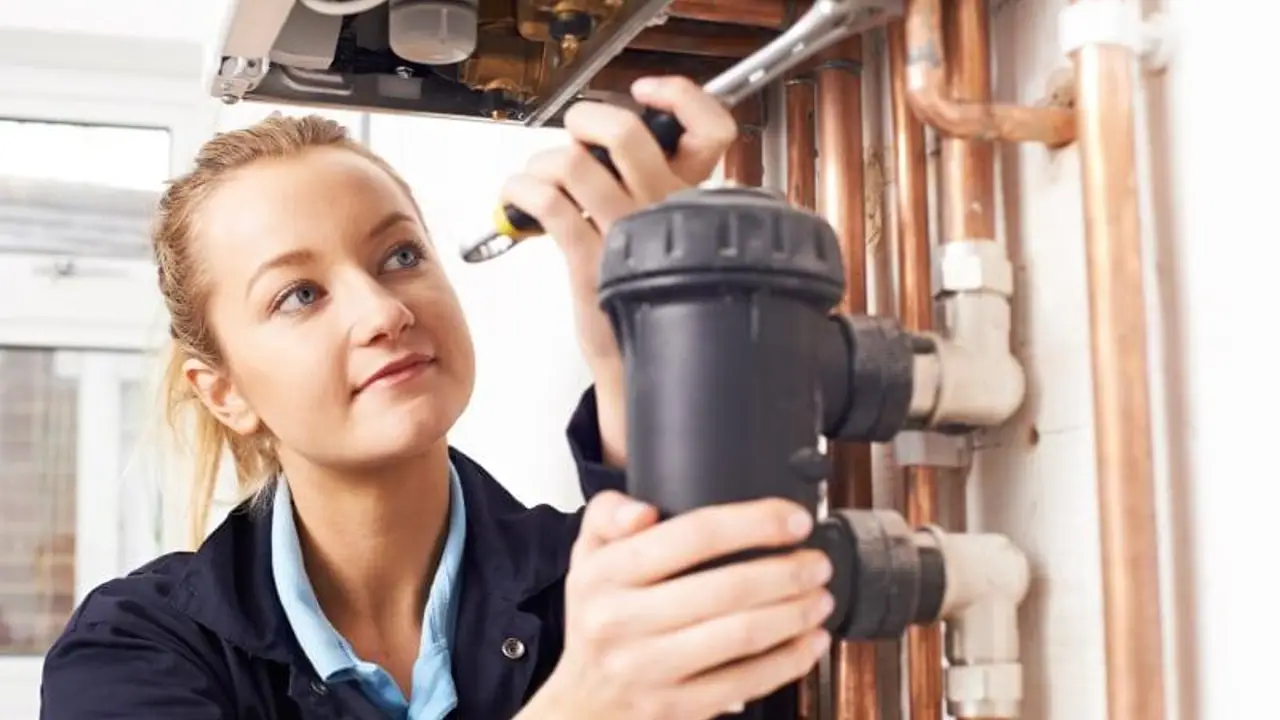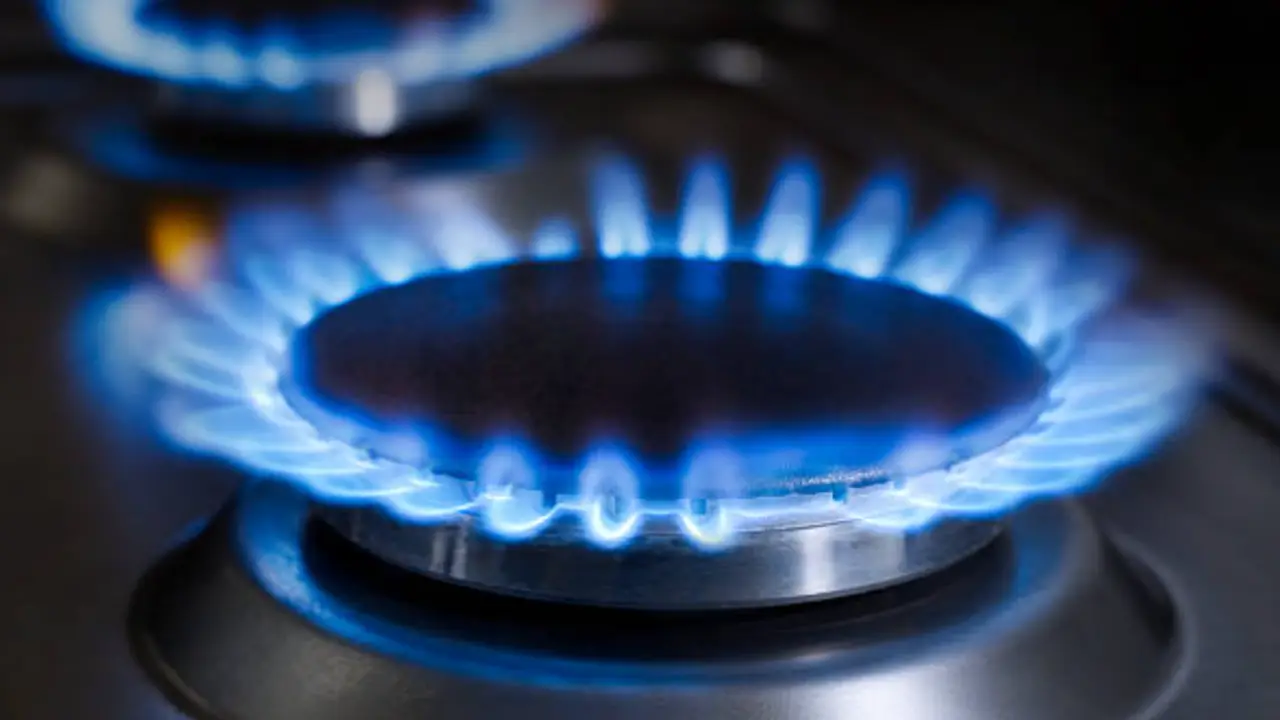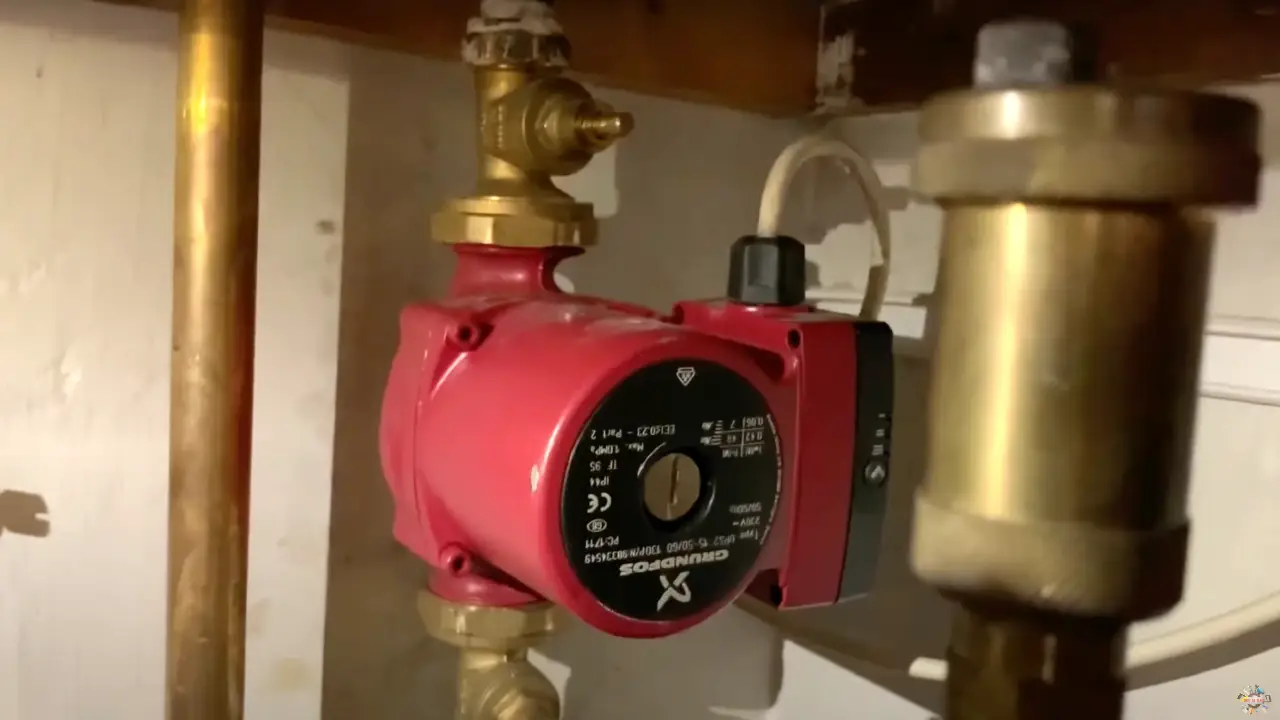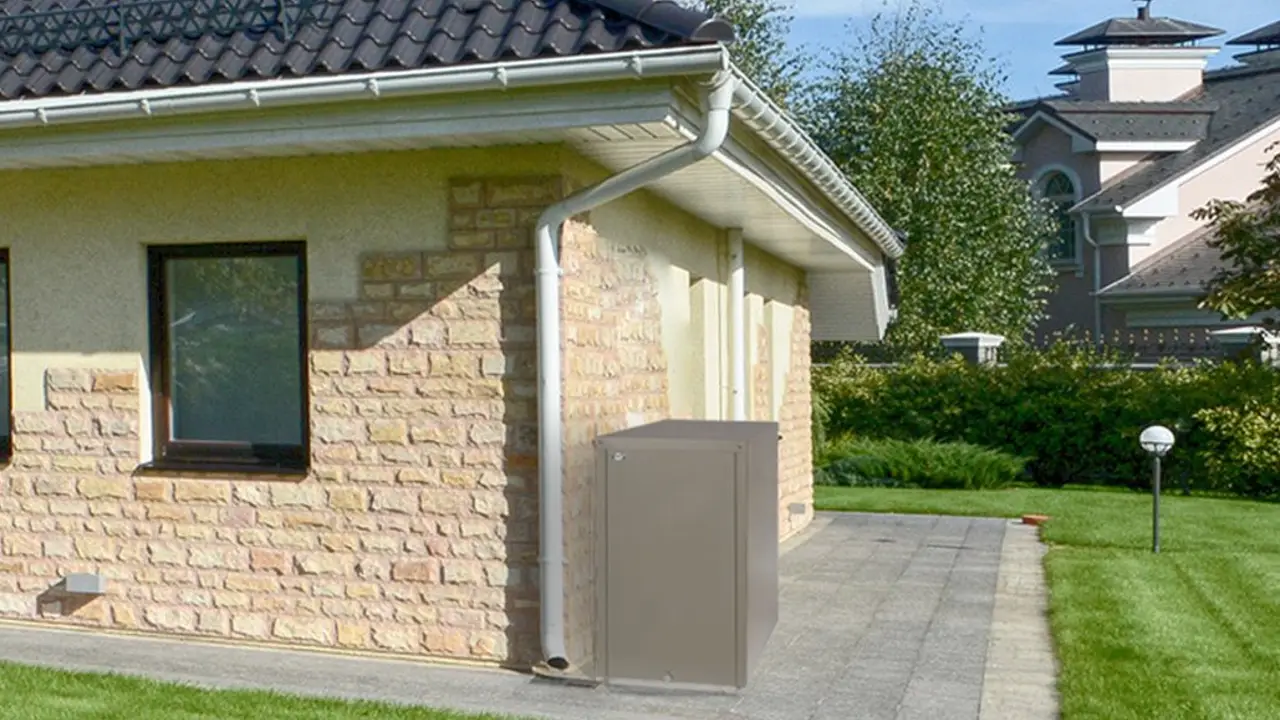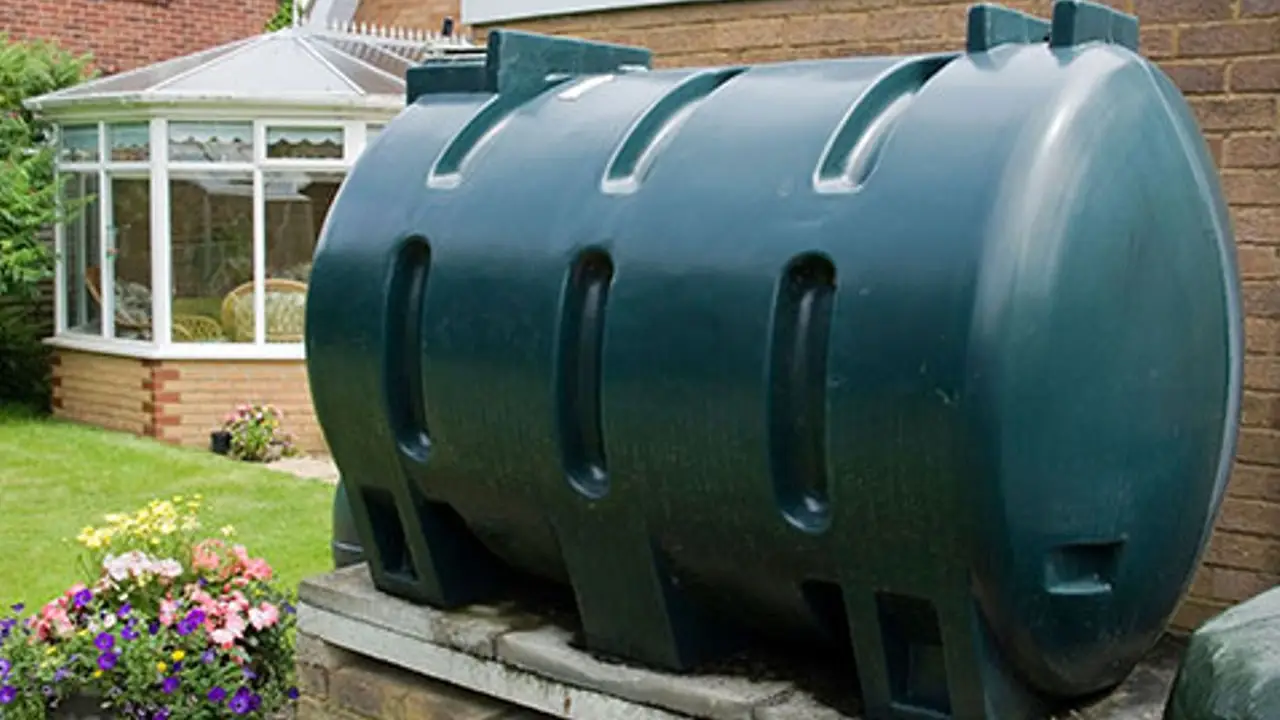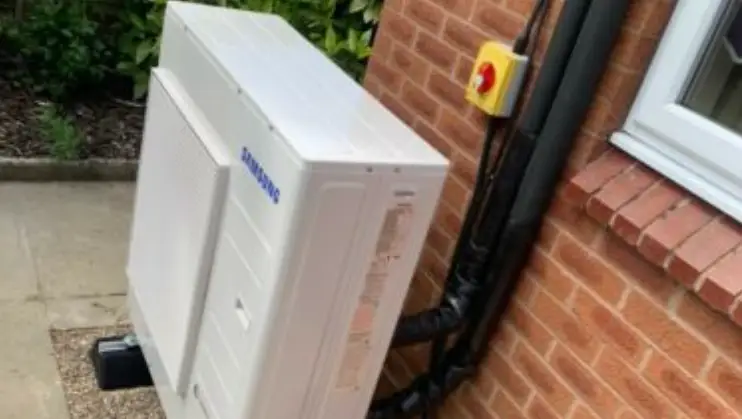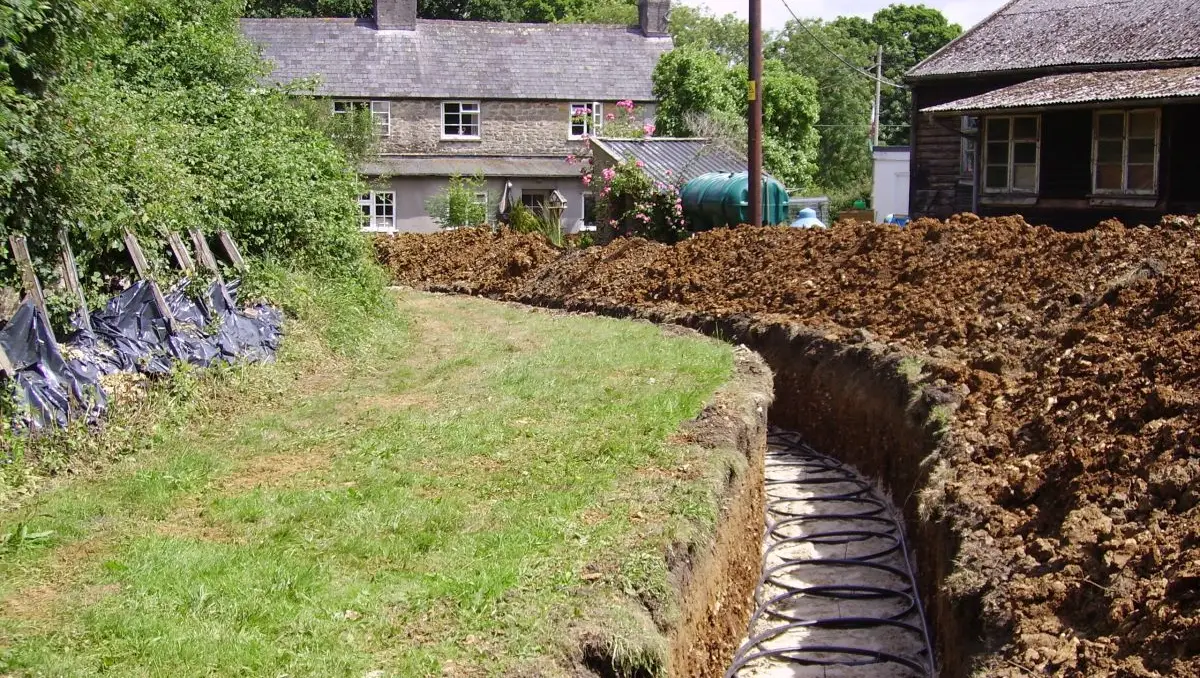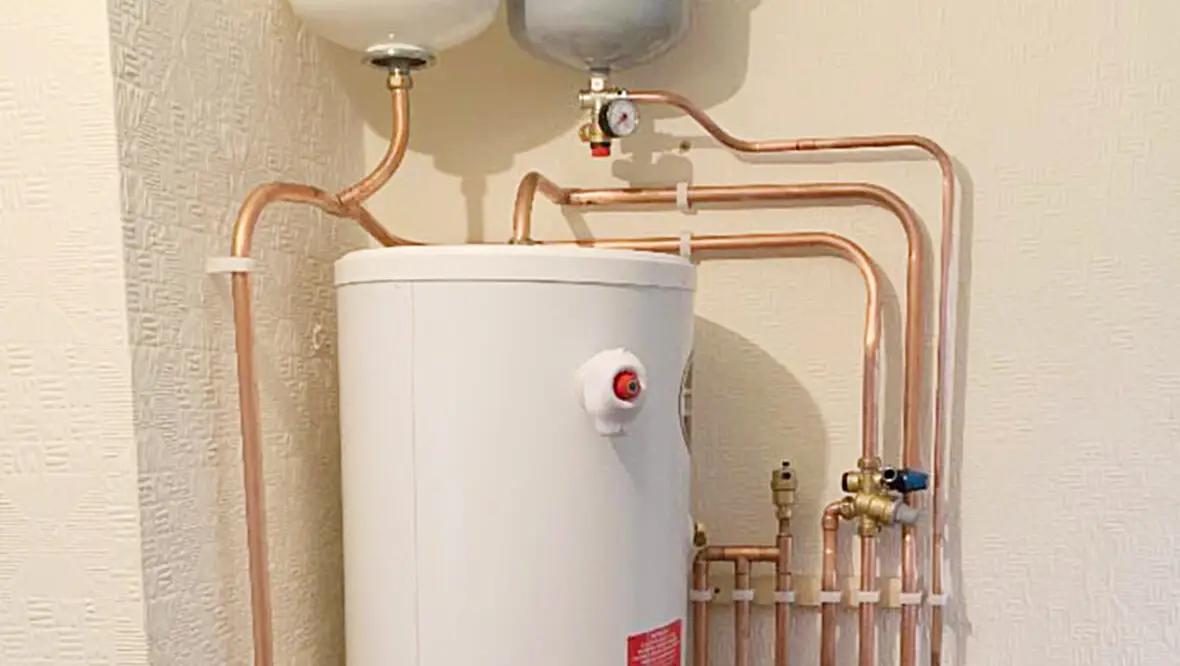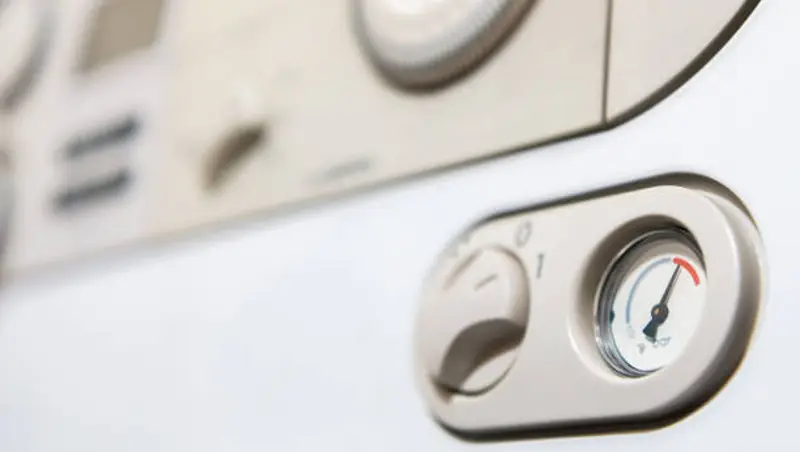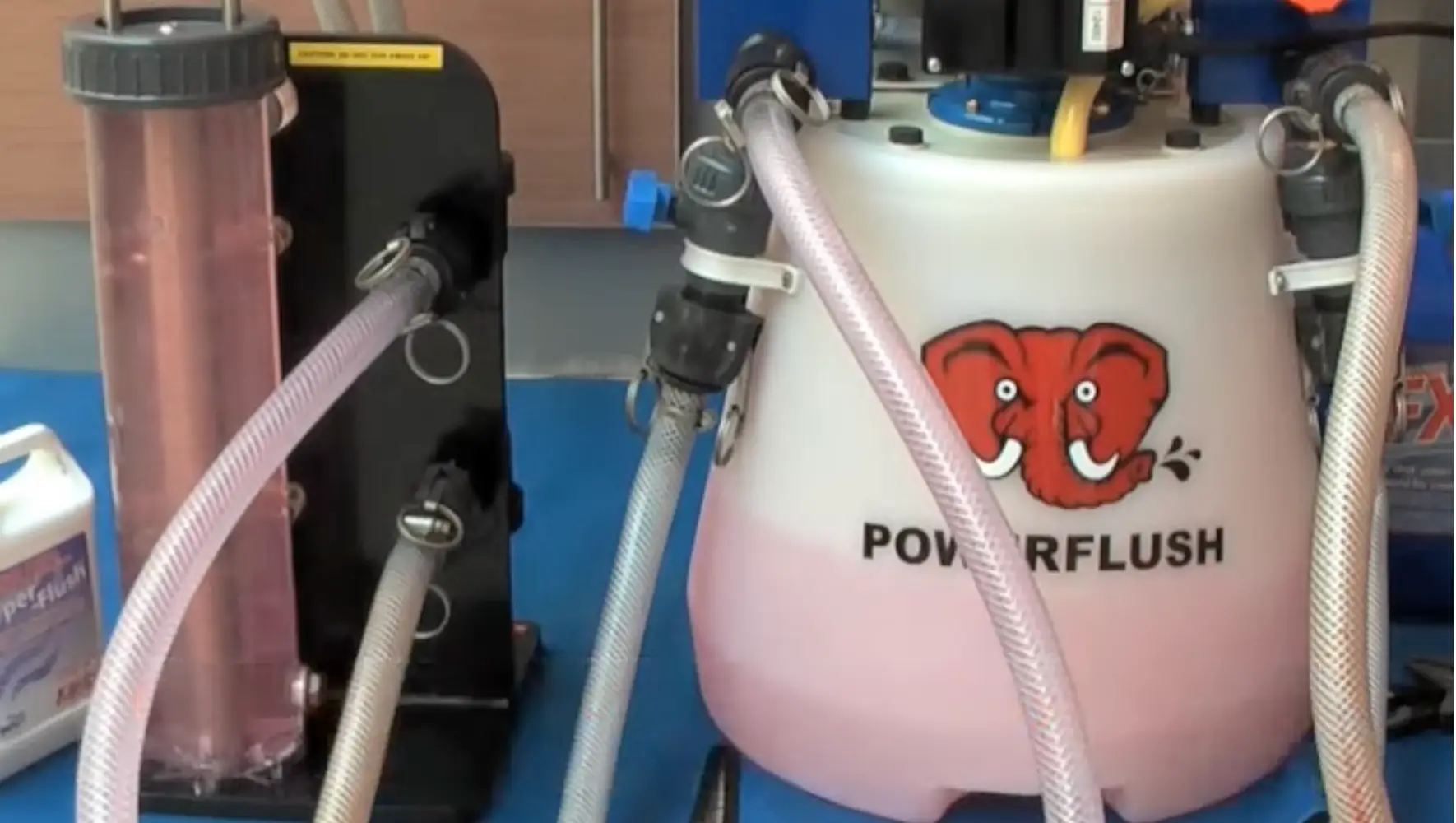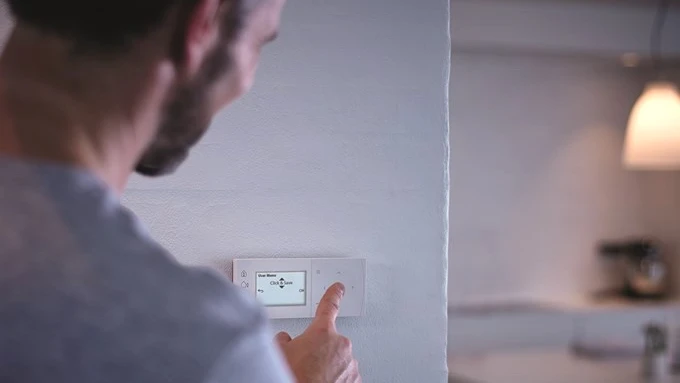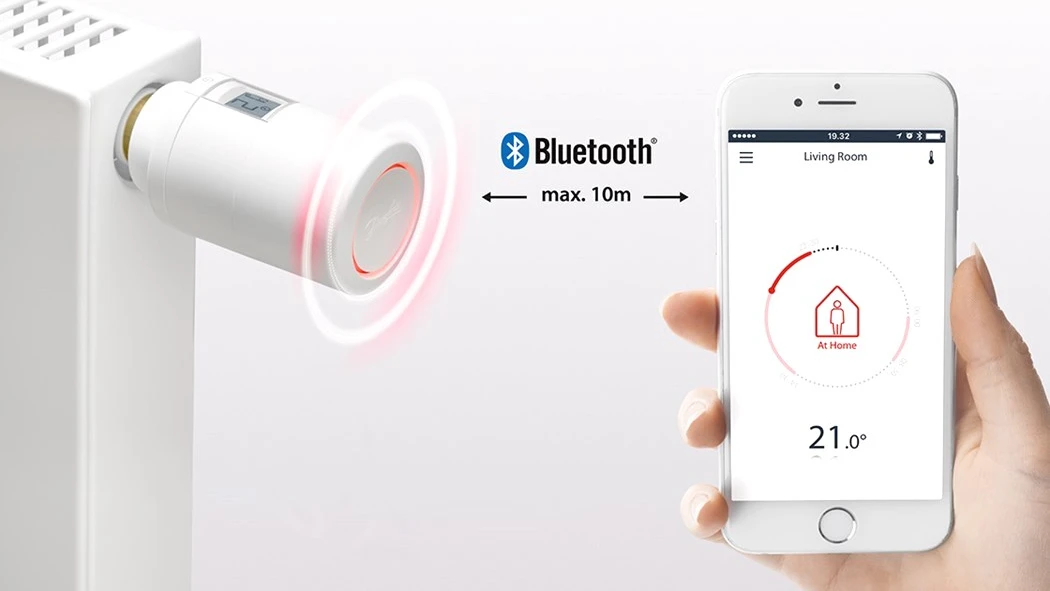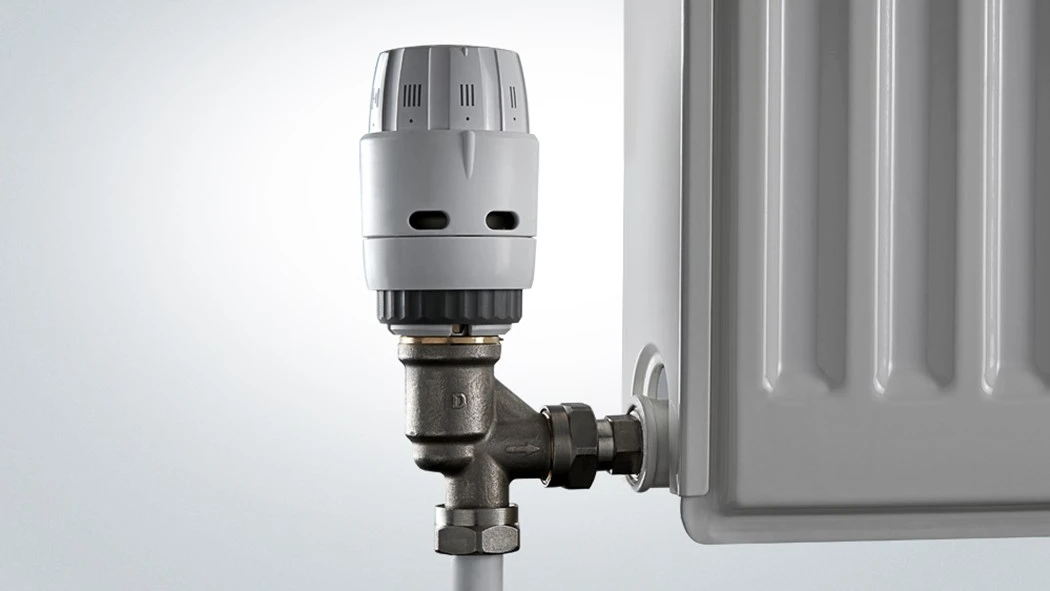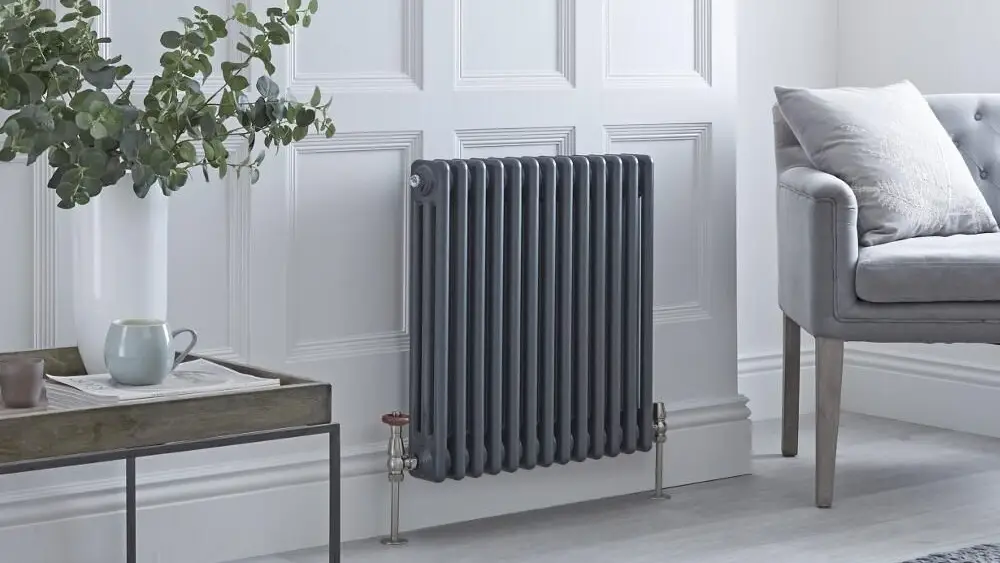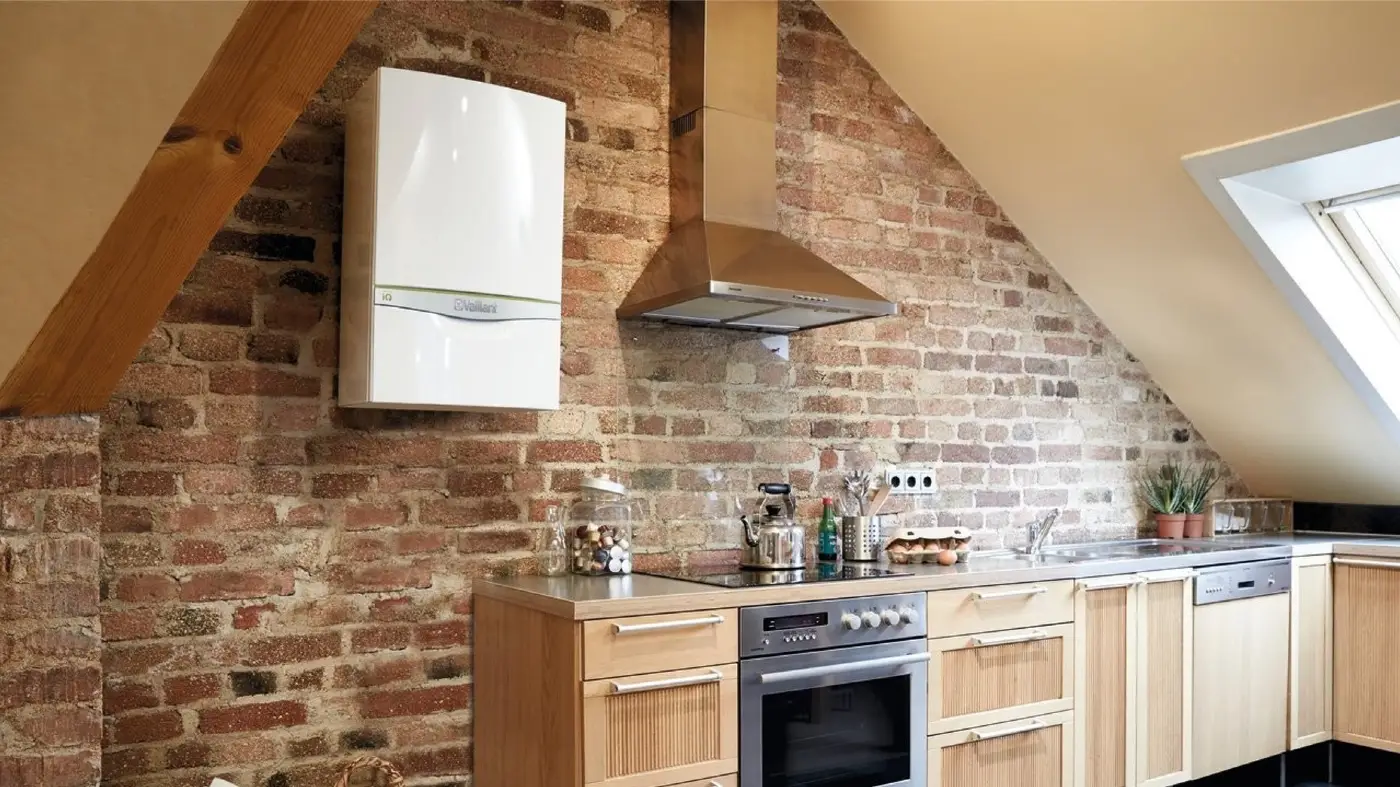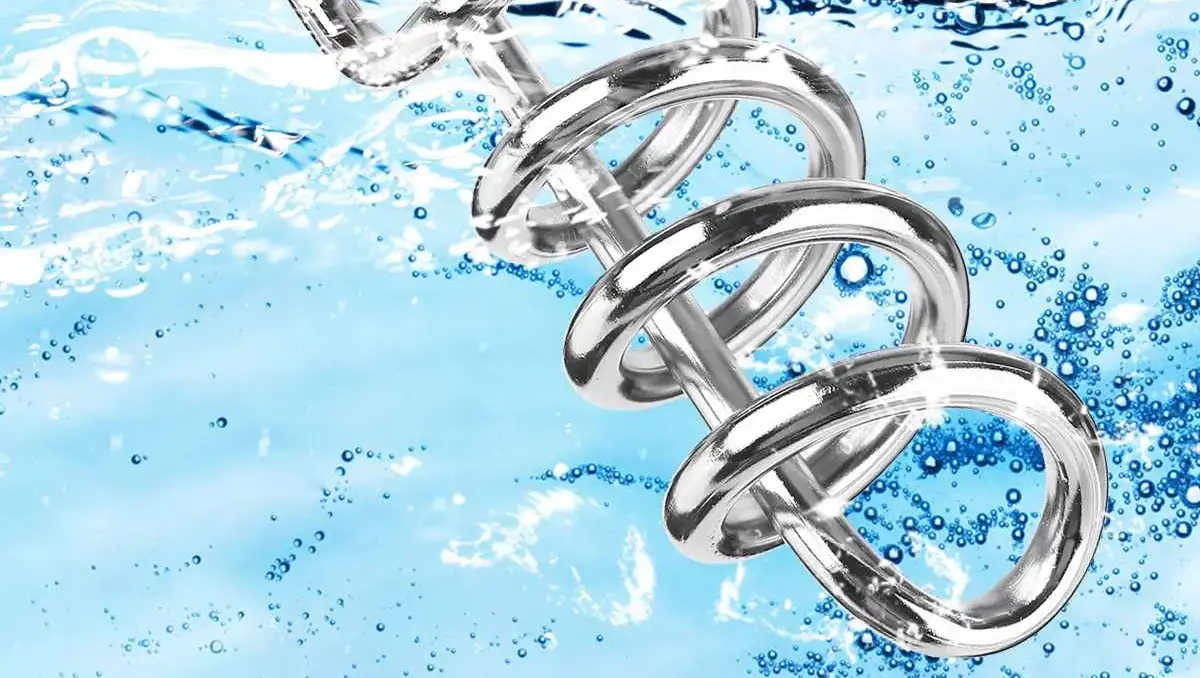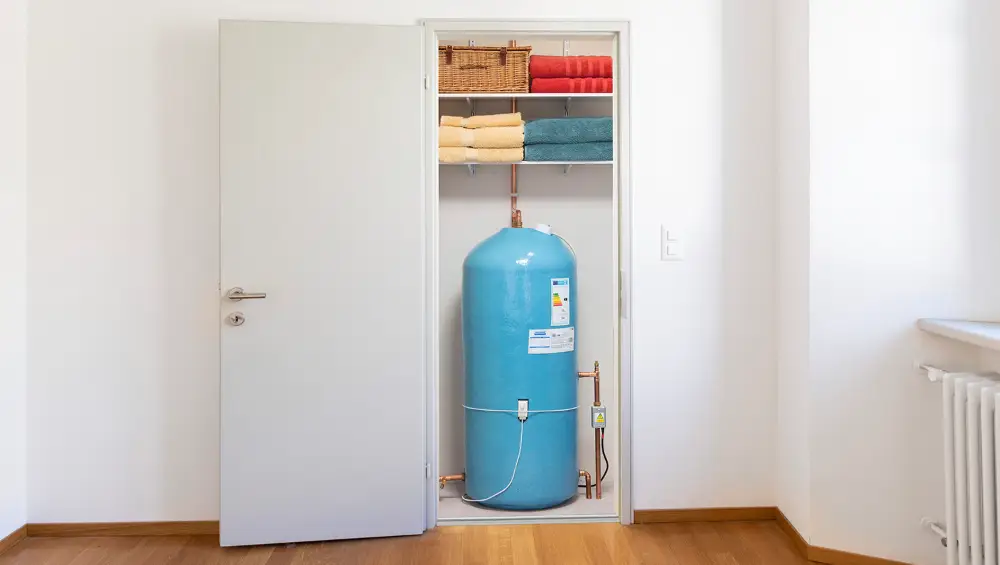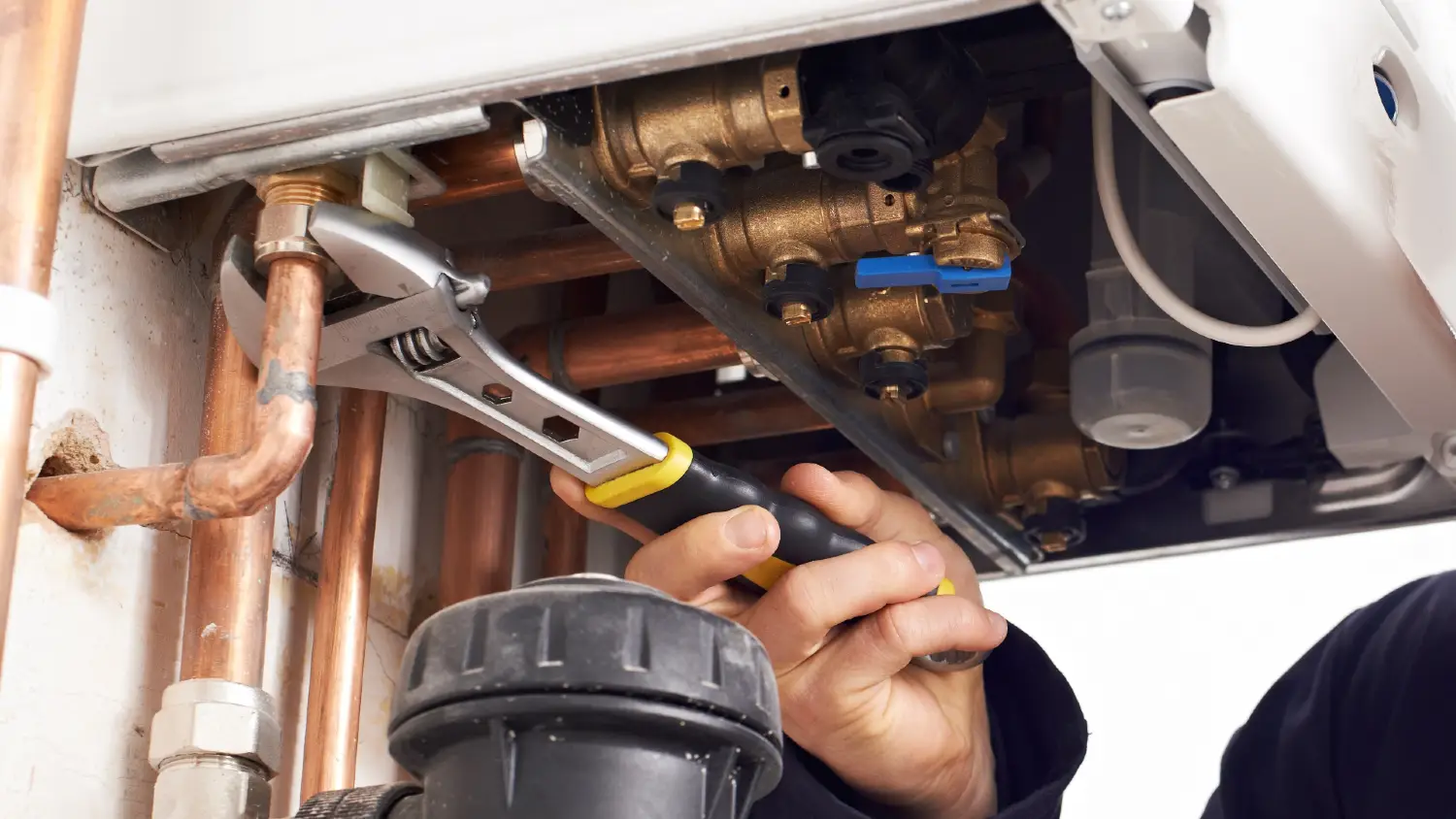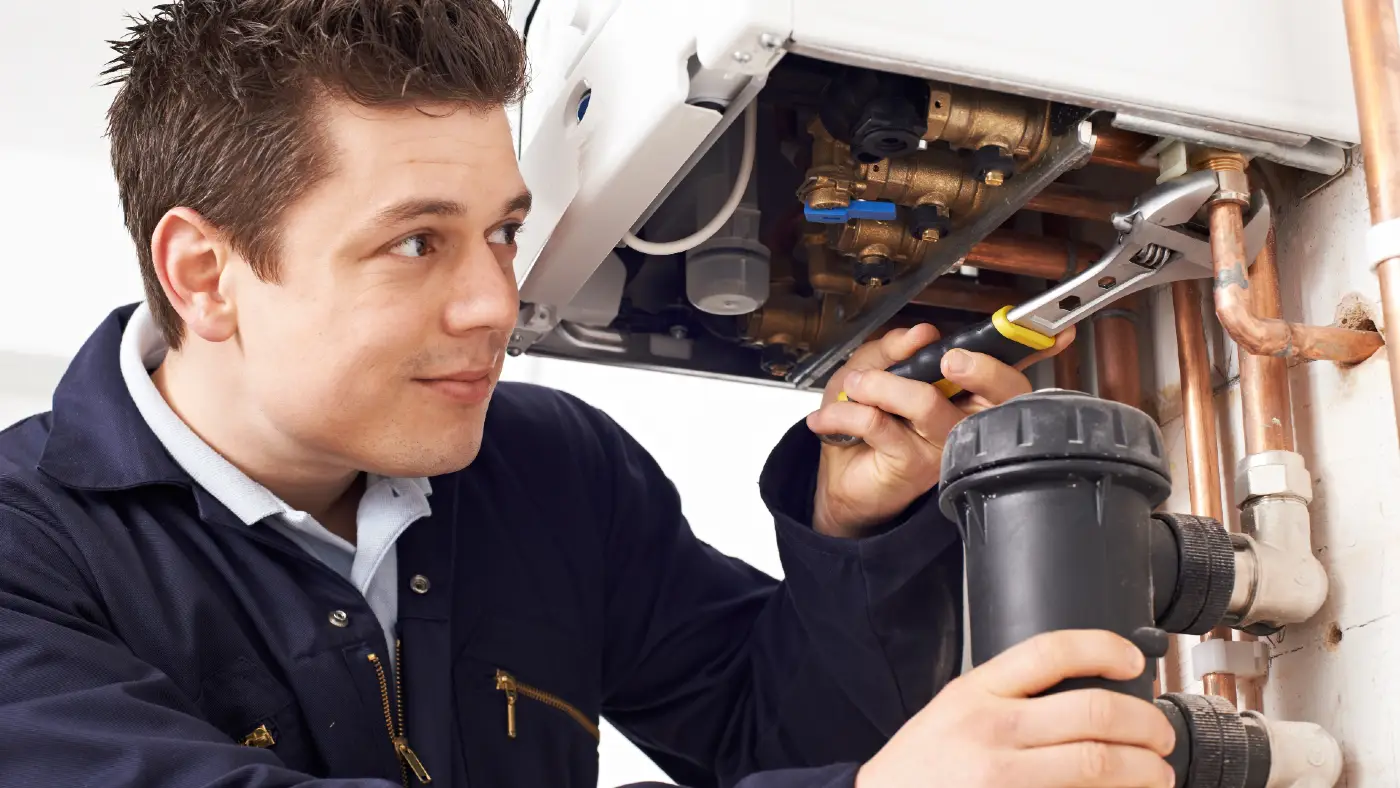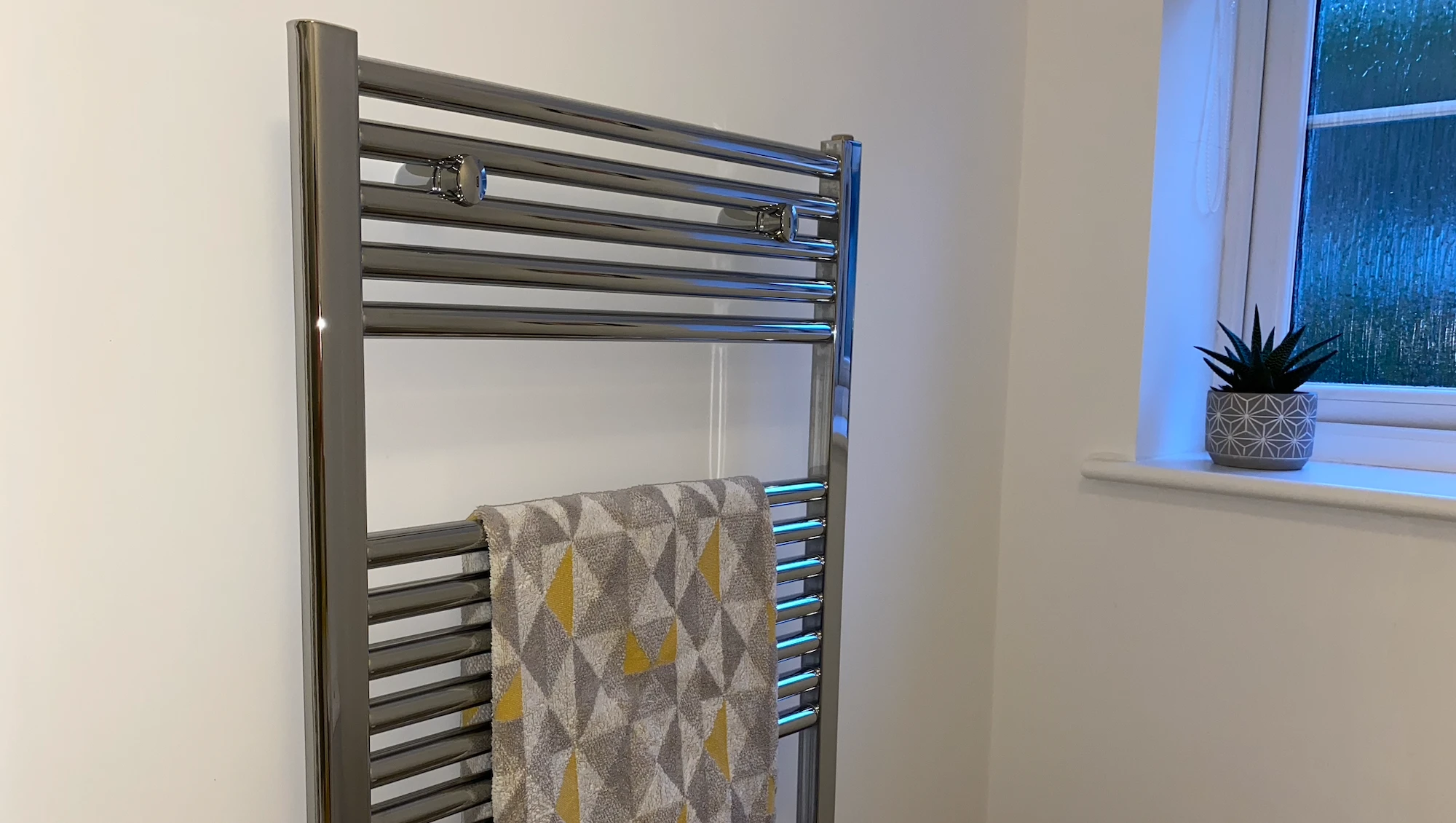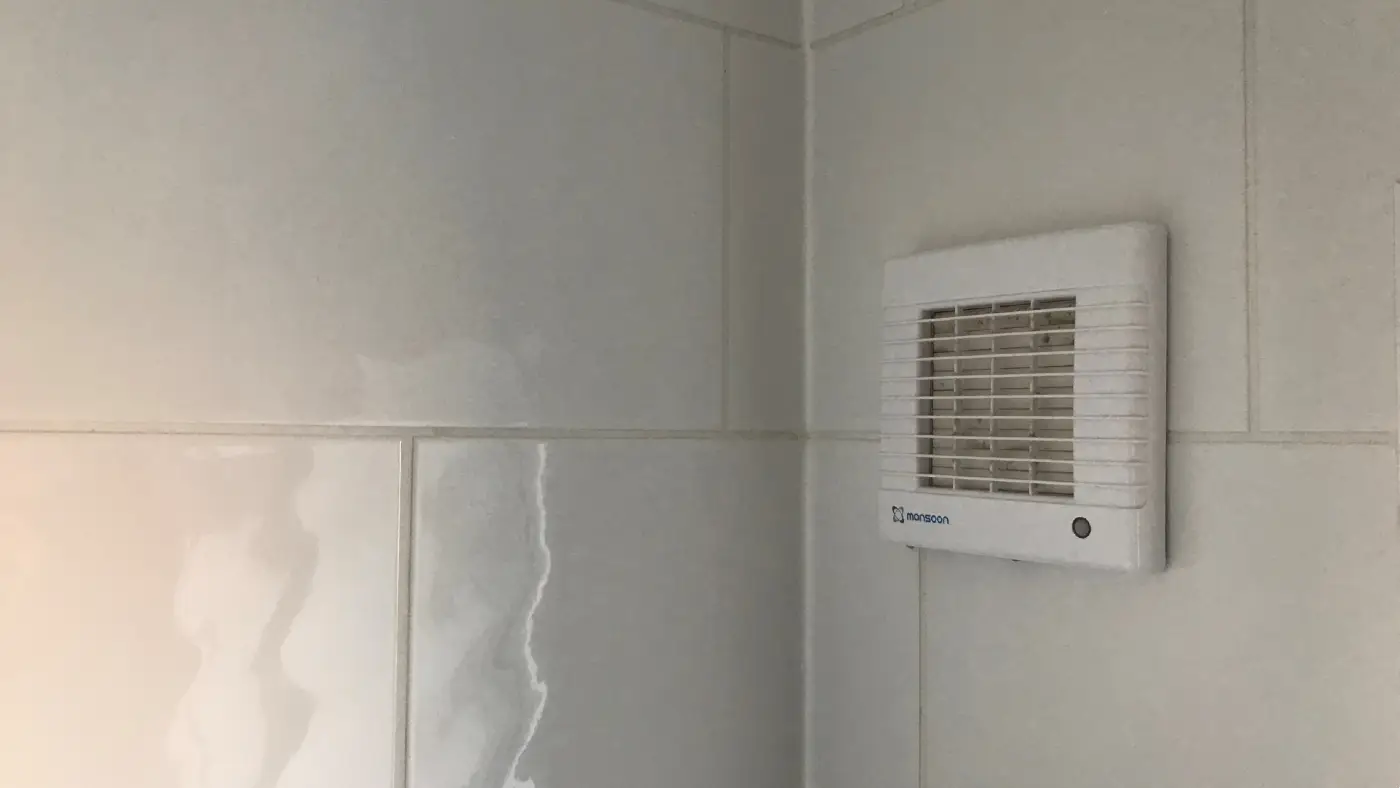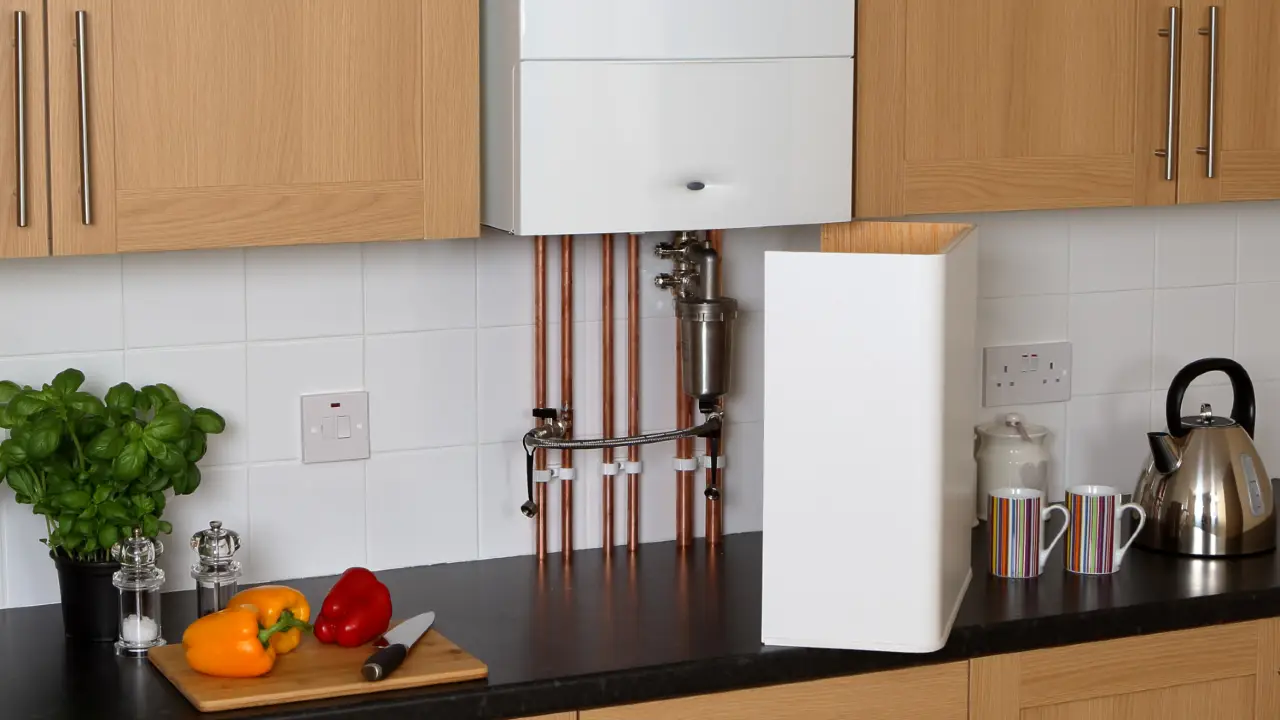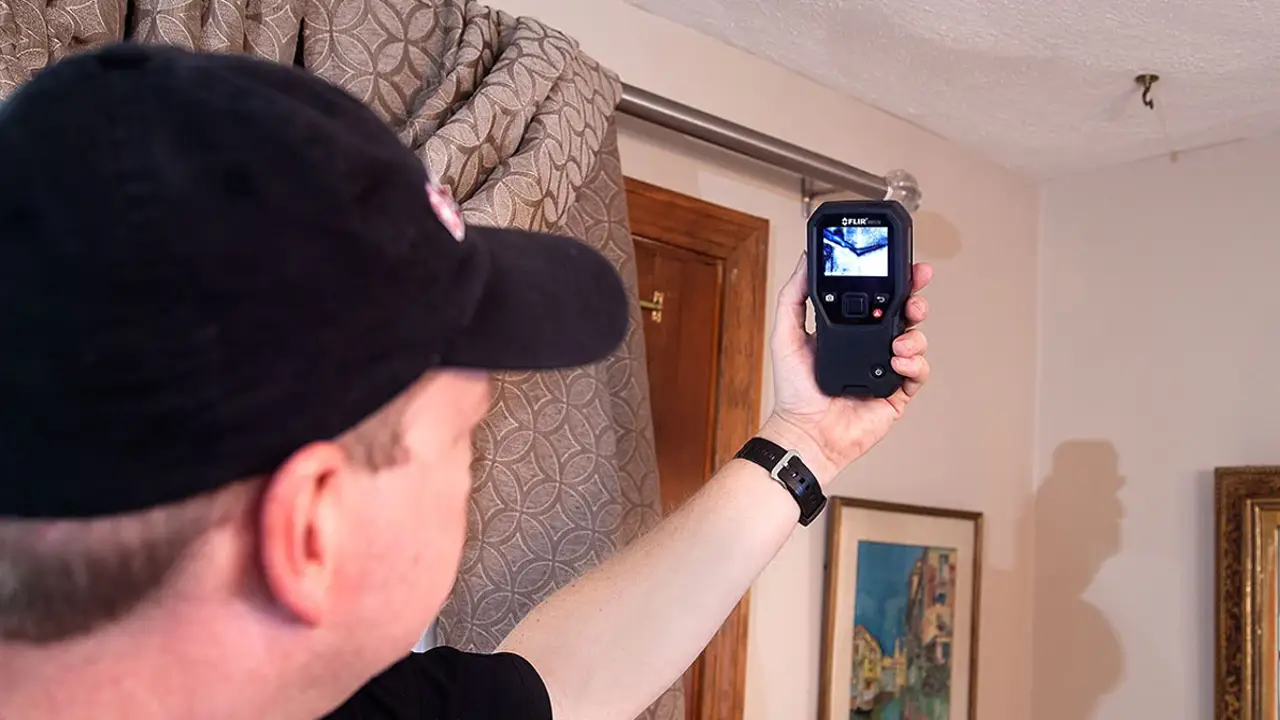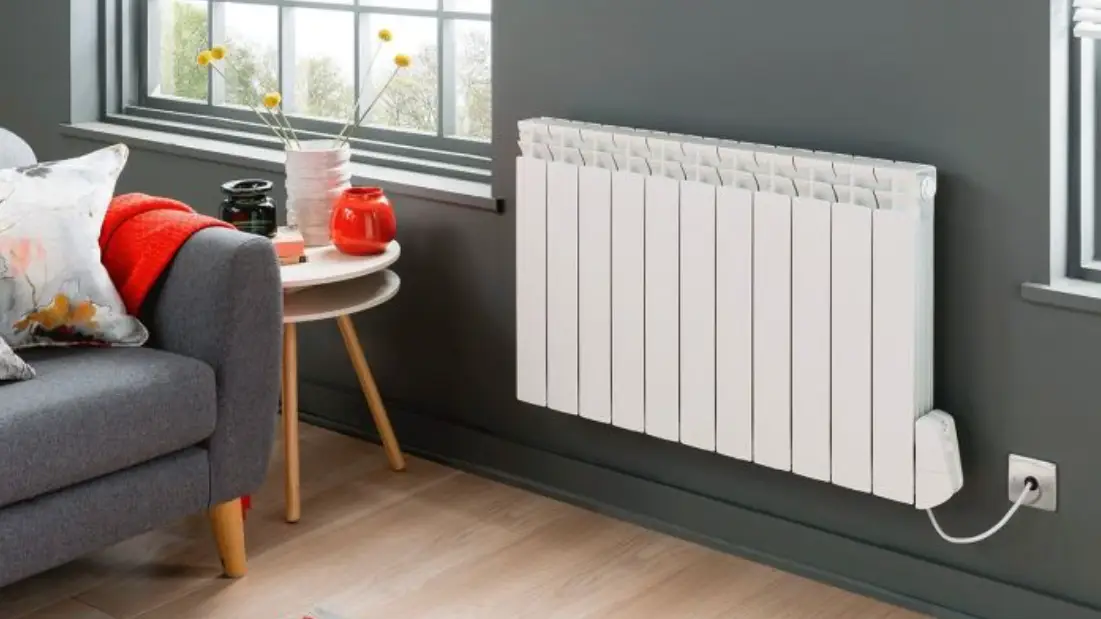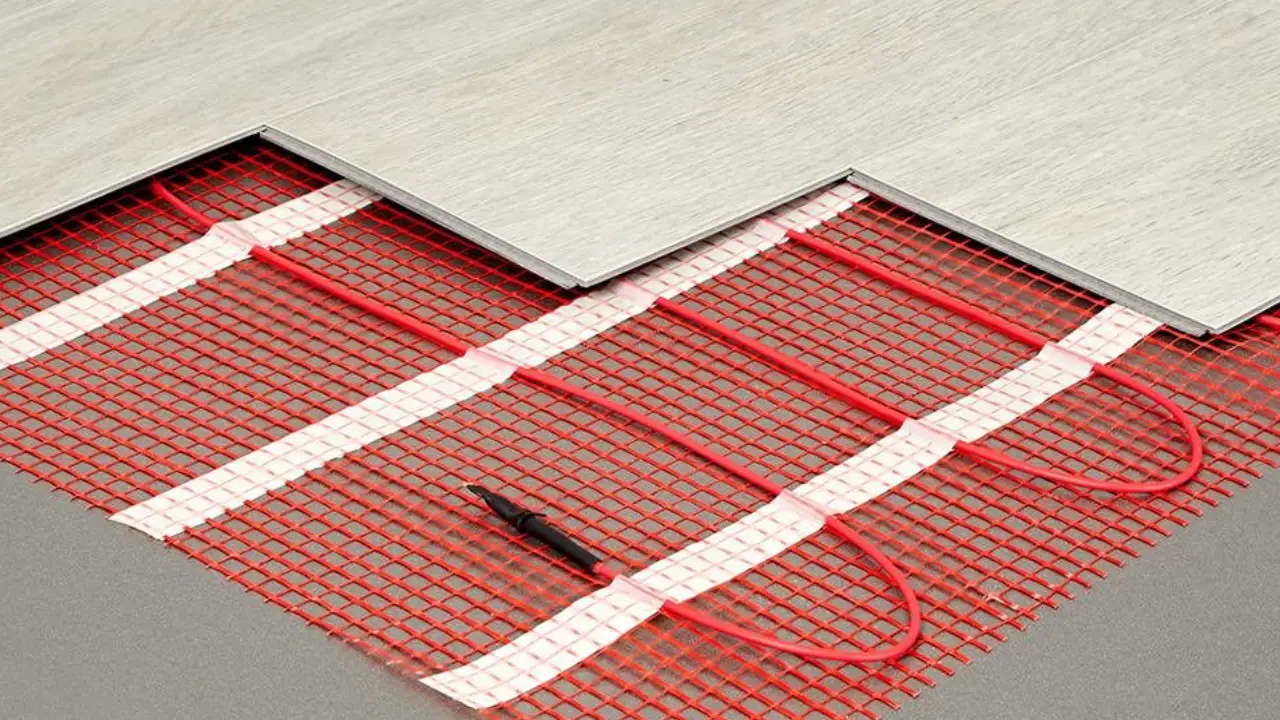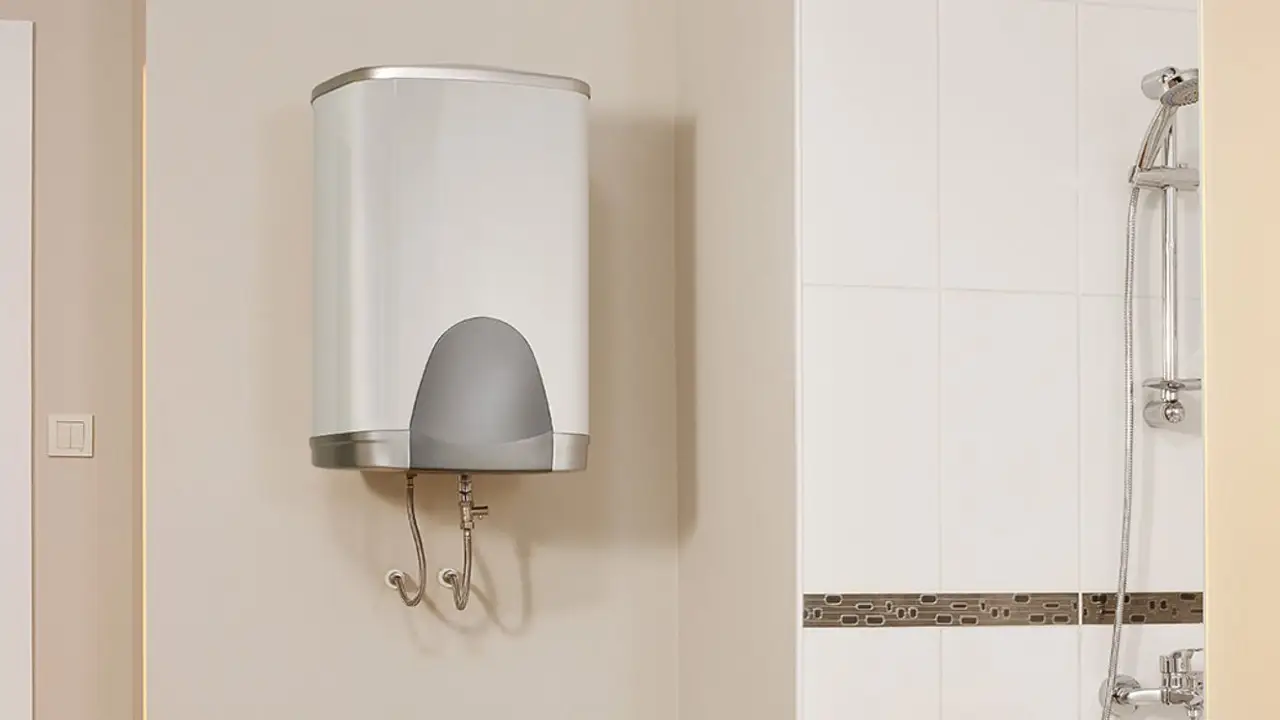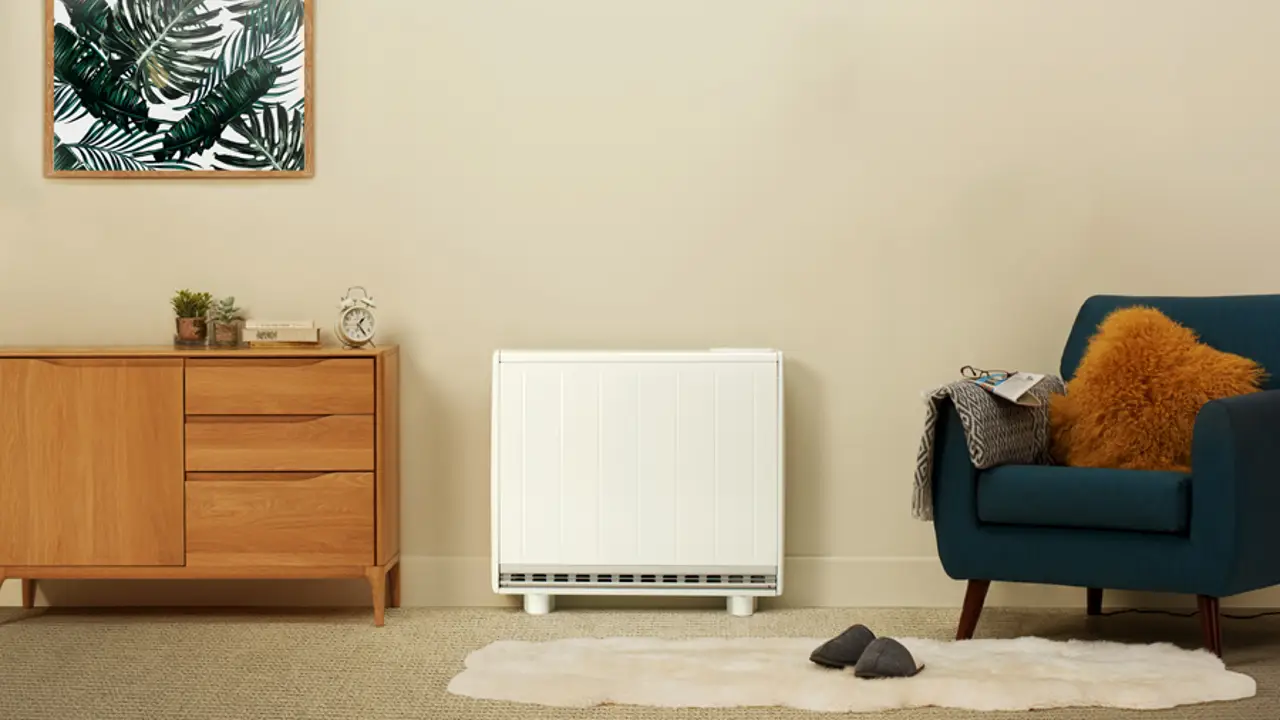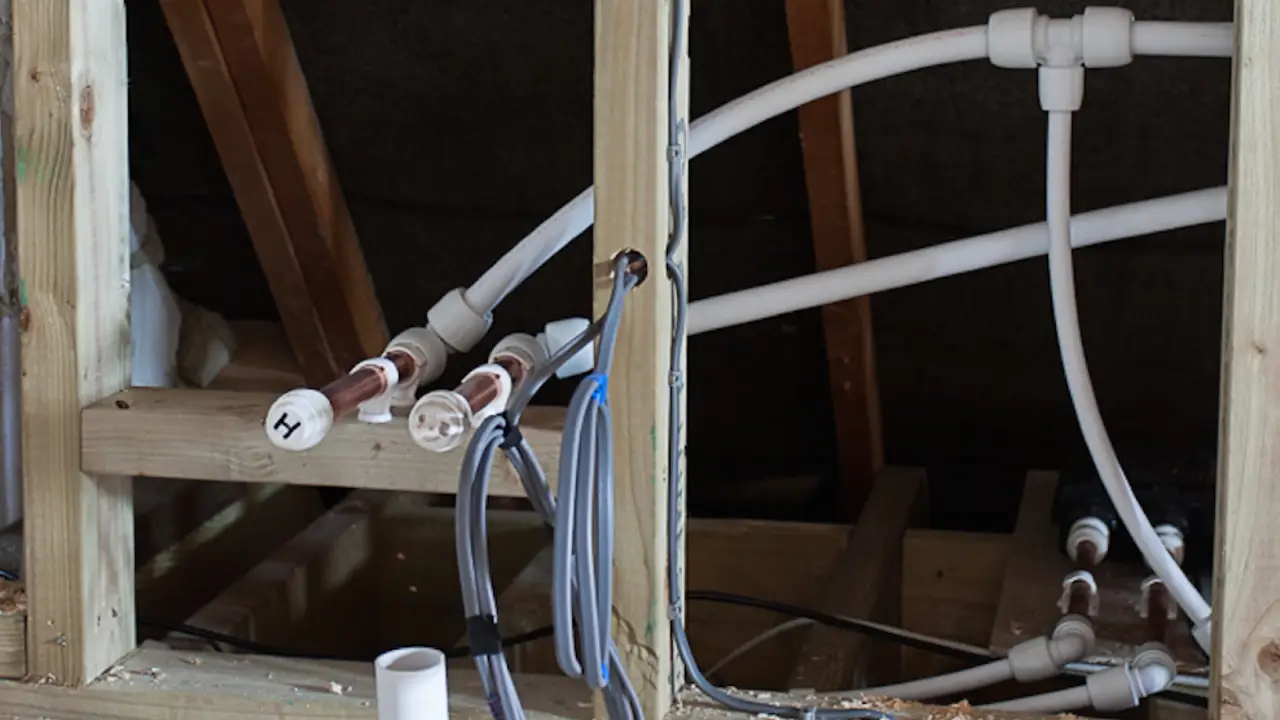With energy prices rising, it’s important to do all you can to keep your bills as low as possible. And if you’ve got an old boiler, it could be wasting your money. But how much will it set you back to replace your boiler? We’ve got the answer plus costs for other heating sources like ground and air source heat pumps in our cost guides.
Cheap boiler cost
A cheap boiler is still a significant investment, but if you’ve got a small house or flat then you may be able to get a cheap combi boiler plus installation for £1,000. A system boiler will set you back around £1,200, while a conventional boiler costs at least £1,300 with installation.
While price is an important factor, it’s also worth bearing in mind that the cheapest boiler isn’t always the best one. Very cheap boilers may not be as efficient as more expensive ones, and while the upfront cost is low, you may notice that you don’t save as much on your energy bills as you’d hoped. It could be worth spending a little more on a more efficient boiler to maximise your savings.
Heating Cost Guides
Cost Guides for Other Common Heating Jobs
Heating FAQs
Should I replace my 20 year old boiler?
You probably should replace your 20 year old boiler. As well as becoming more inefficient over time, your boiler won’t be made up to today’s standards, so even when it was new it won’t be as efficient as boilers on the market today. It’s recommended to think about replacing your boiler after 10 years, so if your boiler is 20 years old the chances are it’s not working as effectively as before. If you notice that your radiators are taking a long time to get hot or your hot water takes a long time to warm up, it might be time to replace your boiler.
Is it expensive to run an air source heat pump?
It can be expensive to run an air source heat pump, as they are run on electricity. According to the Energy Saving Trust, it could cost you £35 per year more to run your air source heat pump compared to an A-rated gas boiler, as electricity is more expensive than gas. However, if you have old electric storage heaters, you could save £1,100 per year on your energy bill by switching to an air source heat pump. If you have solar panels fitted to your roof, your air source heat pump won’t be expensive to run at all, because you can use the free electricity generated by the sun to power your heat pump.
Are TRVs worth it?
We think TRVs are worth it to save you money on your bills. Thermostatic radiator valves (TRVs) allow you to control the hot water that comes through your radiators, usually on a scale of 0 (closed) to 6 (fully open). They sense the air temperature around them to adjust the volume of hot water coming into your radiators. If the room is warmer than the setting on the TRV, the valve will close slightly, so you don’t waste money heating rooms up more than you need. You can also close the valves completely so you don’t heat up a room you’re not using at all, which can save you money on your heating bills.
